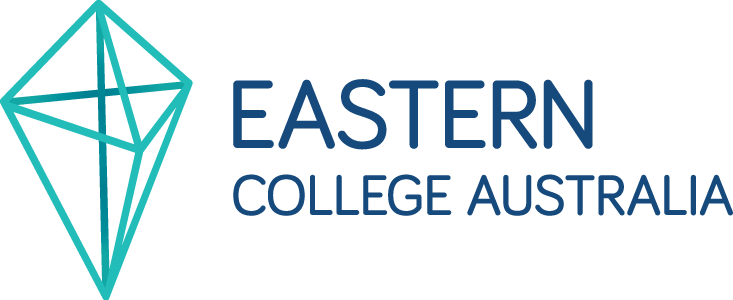- dealing with maintenance, property capital development and improvements;
- plant and equipment improvements;
- technology improvements; and
- other specific projects which, in general, total $10,000 or more.
This policy applies to all persons at Eastern College Australia involved with asset management, including the Principal, the Governing board and its Sub-Committees, the Chief Operations Officer and the Chief Finance Officer.
|
Capital Works / developments
|
Works undertaken to create a new asset or space, or to change the use, function or layout of an existing asset or space.
|
|
Major Project
|
A project for the purchase or other procurement of residential or commercial property, or for the construction, renovation, or repair of residential or commercial property, the total cost of which is, or is estimated to be, at least $10,000
|
|
Maintenance Works
|
Includes all actions necessary for retaining an item or asset in, or restoring it to, its original condition.
Maintenance repairs can be ‘corrective’ - planned and ‘fix-on-fail'; or ‘preventative’ - involving scheduled and/or statutory maintenance.
|
Introduction
- new building construction;
- major maintenance, including building repairs, renovations, remodelling or demolition;
- the conduct of feasibility studies;
- architectural design work;
- projects necessary to meet compliance or regulatory demands;
- grounds improvements, e.g. parking lots, security lighting, disabled access;
- property signage;
- information technology, telecom and audio-visual equipment upgrades; and
- new or replacement equipment, furniture and fittings.
- Lecture room and tutorial room requirements, and Resource Centre requirements necessary to meet the demands imposed by student load projections;
- Learning and teaching demands as they relate to current or proposed delivery modes, current or intended delivery locations, the requirements necessary to address new or improved pedagogical approaches and the requirements of proposed research and research training activities.
Policy Principles
At least annually, but generally more frequently, the Executive Principal, Chief Operations Officer, relevant senior leadership team member(s), Property & Services Manager and Manager Information Systems shall give consideration to current and future capital and major development needs. Such considerations will include, but not be limited to:
- the anticipated benefit to be derived by the College on completion of the project, in particular how the capital expenditure used to renew, improve and attain new assets will enable the College to achieve its strategic objectives and support the delivery of services;
- the manner in which the project may be brought to completion, utilising fair and appropriate processes;
- the manner and the extent to which fundraising will be necessary;
- identifying and/or obtaining the necessary regulatory approvals (building and sub-division permits, OH&S permits, occupancy certificates etc.);
- capital works for existing and new assets will be evaluated for their whole-of-life costs, that the projects/assets are an effective spend and use of funds for the outcomes being achieved and on a relative benchmarked basis, i.e. that they are effective value, economically viable and suitable solutions to meet Eastern College Australia’s defined levels of services;
- capital works will be prioritised to meet legislative and contractual requirements; and
- management must endeavour to deliver capital works on time and within approved budgets.
Capital and major projects considered shall be prioritised by consensus. The priorities may be reflected in the annual budget or promoted as a one-off project, ex-budget.
For all projects itemised in the annual budget approved by the Governing Board, the Chief Operations Officer shall have the authority to proceed with implementation procedures and make any necessary payments as they fall due.
For projects which have not been itemised in the annual budget, full details of the proposal shall be submitted to the Governing board and its Audit & Risk Committee for consideration and approval. Approval shall be evidenced by a formal motion passed at a meeting convened by the Governing Board and advised to the Executive Principal and/or Chief Operations Officer in writing or by email. On receipt of this advice, the Chief Operations Officer shall have the authority to proceed with implementation procedures and make any necessary payments as they fall due.
Procedure
- originate with the Executive Principal, Chief Operations Officer, relevant senior leadership team member(s), Property & Services Manager and Manager Information Systems or emanate directly from the Governing Board;
- be subject to a period of scrutiny of generally not less than 2 weeks in which issues of concept and justification are debated (in matters of substantial impact the scrutiny period should be longer;
- be subject to a feasibility study, particularly as it relates to available funds and the potential for successful fund raising; and
- be subject to the necessary processes of design development and construction, concept development and implementation, or source identification and procurement depending upon the nature of the project.
Project Evaluation
- be responsible to evaluate the benefit of any completed capital or major project, by consulting with the Executive Principal, relevant senior leadership team member(s), Property & Services Manager and Manager Information Systems; and
- provide a brief report on findings to the Governing Board and its Sub-Committee including;
- the noted benefits;
- any additional action(s) that will further enhance the benefit; or
- identify any shortcomings and how they may be addressed.
